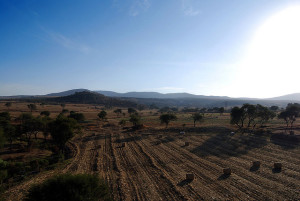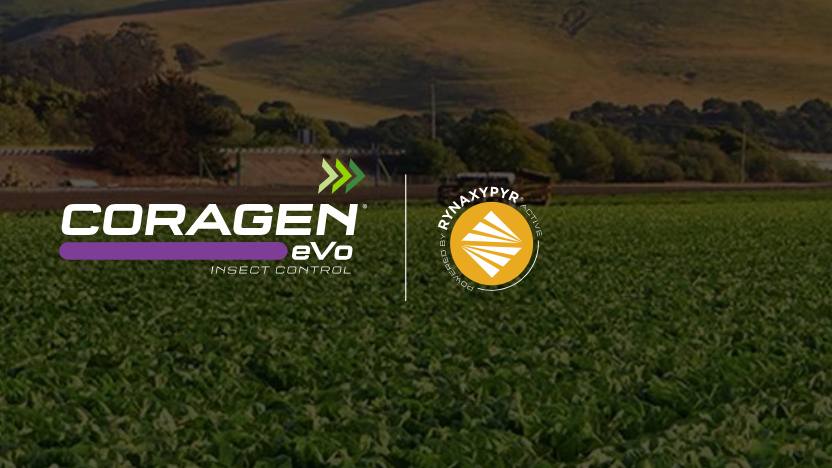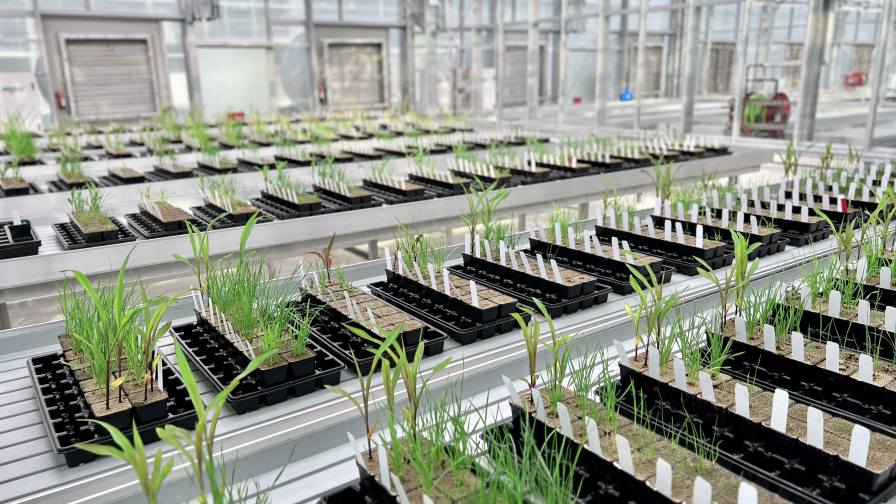Two Quick Questions for Mexico’s Top Crop Protection Association on New Tax, Growth

photo credit: Flickr user Adan Garcia; Creative Commons license
Mexico’s leading crop protection association, Crop Protection, Science and Technology AC — or PROCCYT — talked recently with FCI about key factors in the country affecting crop protection.
FCI: What new developments affecting the Mexican crop protection market right now?
Recently, an environmental tax has begun to exert some influence in the market. It was imposed at the beginning of 2014 and is applied to the import and sale of pesticides, at rates ranging between 3% and 4.5%, depending on the degree of toxicity. It is expected that this tax will have consequences in the future, affecting more than 3 million small farmers due to the increase in the cost of strategic inputs such as crop protection products. Even more so given that next year, the tax will double to between 6% and 9%.
The tax has also led to large administrative expenses for the industry due to various problems in its implementation. Some of the nuances of the sector were overlooked, such as:
- The cyclical aspect under which the crop protection market operates.
- For crop protection product imports, Mexican Customs applies the Official Mexican Standard NOM-045 instead of NOM-232, which is the one designated for the tax.
- The tax accrediting the import of goods is susceptible to manufacturing, such as crop protection products.
- Goods distributed in sold in packages that include two or more products listed in different categories are taxed.
The situation with Customs using a different NOM to register crop protection imports has caused some of these goods to end up detained at the border due to administrative delays. Shipments are then delayed, affecting crop production.
FCI: How is Mexico’s growth driving revenues for crop protection companies?
Mexican crop protection companies achieved 18% growth in the first quarter of this year despite the relatively low growth of the country’s economy in this same time frame. Despite the environmental tax on pesticides that entered into force this year, the growth of the market is linked to the increase of productivity of the agricultural sector.
Mexico’s agricultural reform in the coming months may mean further benefits for crop protection companies in the country if the importance of the crop protection industry to food production is acknowledged and recognized.






